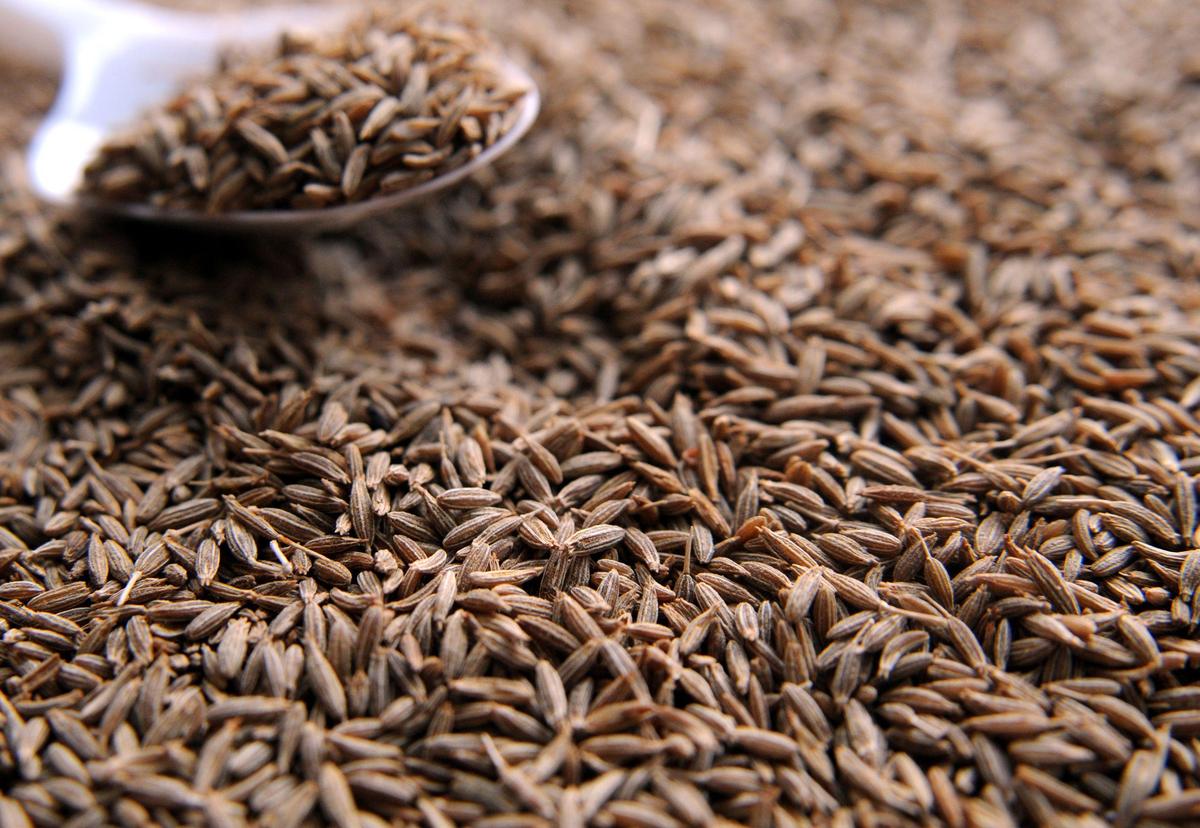Context:
The Union Agriculture Ministry released the draft Seeds Bill, 2025, for public consultation, marking the third attempt by the government to replace the decades-old Seeds Act, 1966 and the Seeds (Control) Order, 1983, with a modern regulatory framework.
Key Provisions and Objectives:
- Quality Regulation: The Bill seeks to regulate the quality of seeds and planting materials available in the market to curb the sale of spurious and poor-quality seeds.
- Mandatory Registration: It proposes mandatory registration for all seed varieties (except farmers’ varieties and those produced exclusively for export) to ensure traceability and accountability. Existing notified varieties under the 1966 Act will be deemed registered.
- Ease of Doing Business: The Bill proposes to decriminalise minor offences to reduce the compliance burden on the seed industry, aligning with the government’s push for ‘Ease of Doing Business’.
- Stringent Penalties: It maintains strong provisions to penalise serious violations effectively, including heavy fines (up to ₹30 lakh) and imprisonment (up to three years) for major offences like supplying spurious or non-registered seeds.
- Liberalised Imports: The draft aims to liberalise seed imports to promote innovation and facilitate farmer access to global varieties.
- Farmer Access: The core objective is to ensure farmers’ access to high-quality seeds at affordable rates and protect them from losses due to substandard materials, maintaining minimum standards of germination, genetic purity, and seed health.
- Dealer Registration: Requires any dealer, distributor, producer, or exporter of seeds to obtain a registration certificate from the relevant State Government.
Industry and Farmer Reactions:
- Seed Industry: The Federation of Seed Industry of India (FSII) has welcomed the draft, calling it a timely and much-needed step toward modernising India’s seed regulatory framework. They see the decriminalization of minor offences and the focus on Ease of Doing Business as major positives.
- Farmer Organisations: Farm outfits, like the Bhartiya Kisan Union (Ekta Ugrahan), have expressed caution and apprehension. They view the Bill as potentially ‘pro-corporate’ and fear it may favour multinational seed companies while lacking adequate provisions to protect farmers’ interests. They have historical resistance, noting similar Bills were previously withdrawn due to farmer protests.
Key Concerns of Farmer Organisations:
- Farmer Compensation: The Bill is criticized for being silent on compensation for farmers who incur losses due to the underperformance of registered seeds, a provision often demanded by farmer groups.
- Price Control: While the Bill proposes some regulation of seed prices in ’emergent situations’, farmers demand strict and comprehensive price control and royalty regulation for all commercial seed varieties.
- Autonomy and Rights: Farmers fear the Bill may dilute or be in conflict with the provisions of the Protection of Plant Varieties and Farmers’ Rights (PPV&FR) Act, 2001, particularly concerning their right to save, use, exchange, and sell farm-saved seeds.
- Dispute Resolution: Concerns remain that if farmers need to seek compensation, the process through consumer courts may not be farmer-friendly or accessible compared to a specialized authority.

